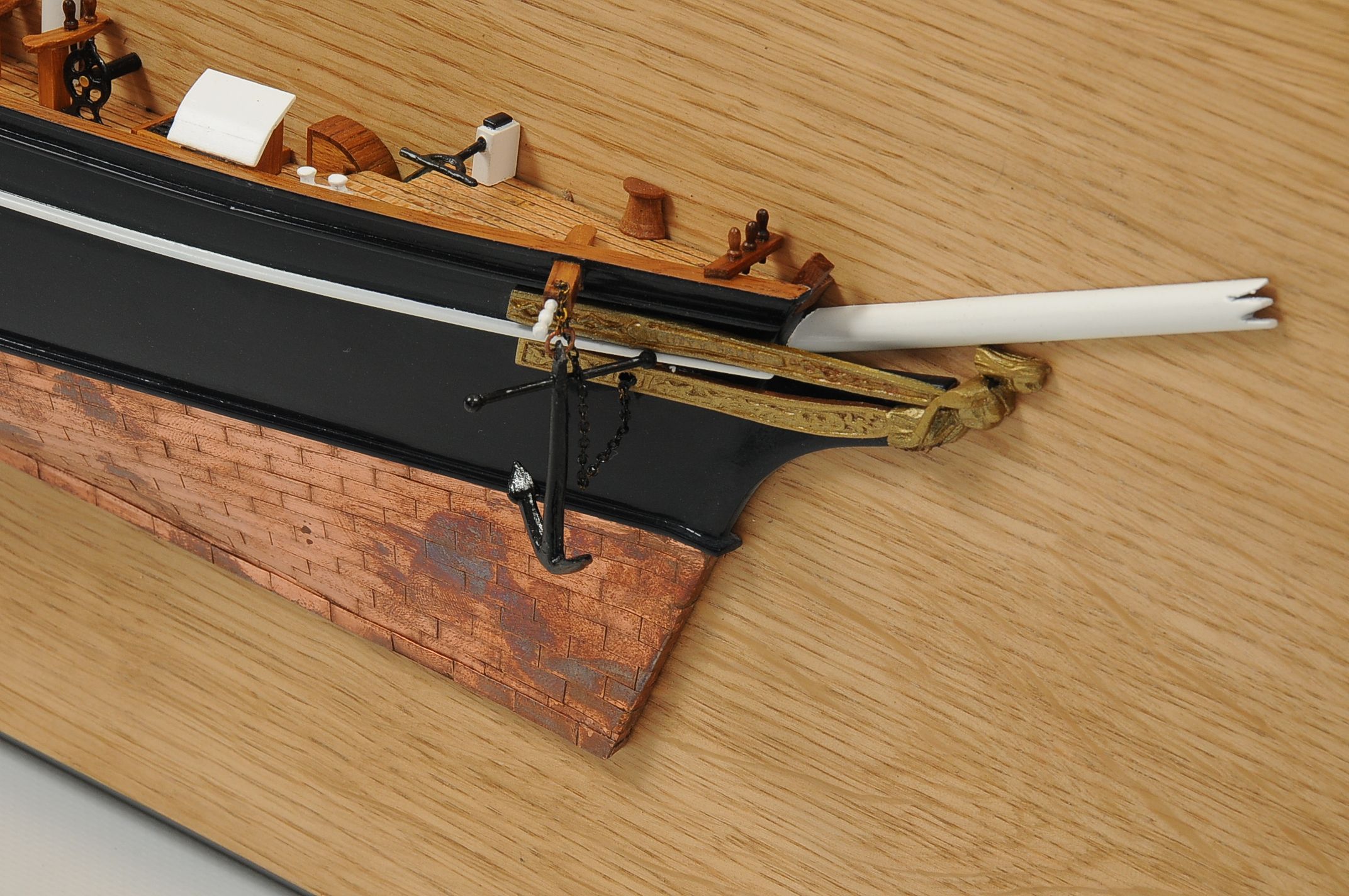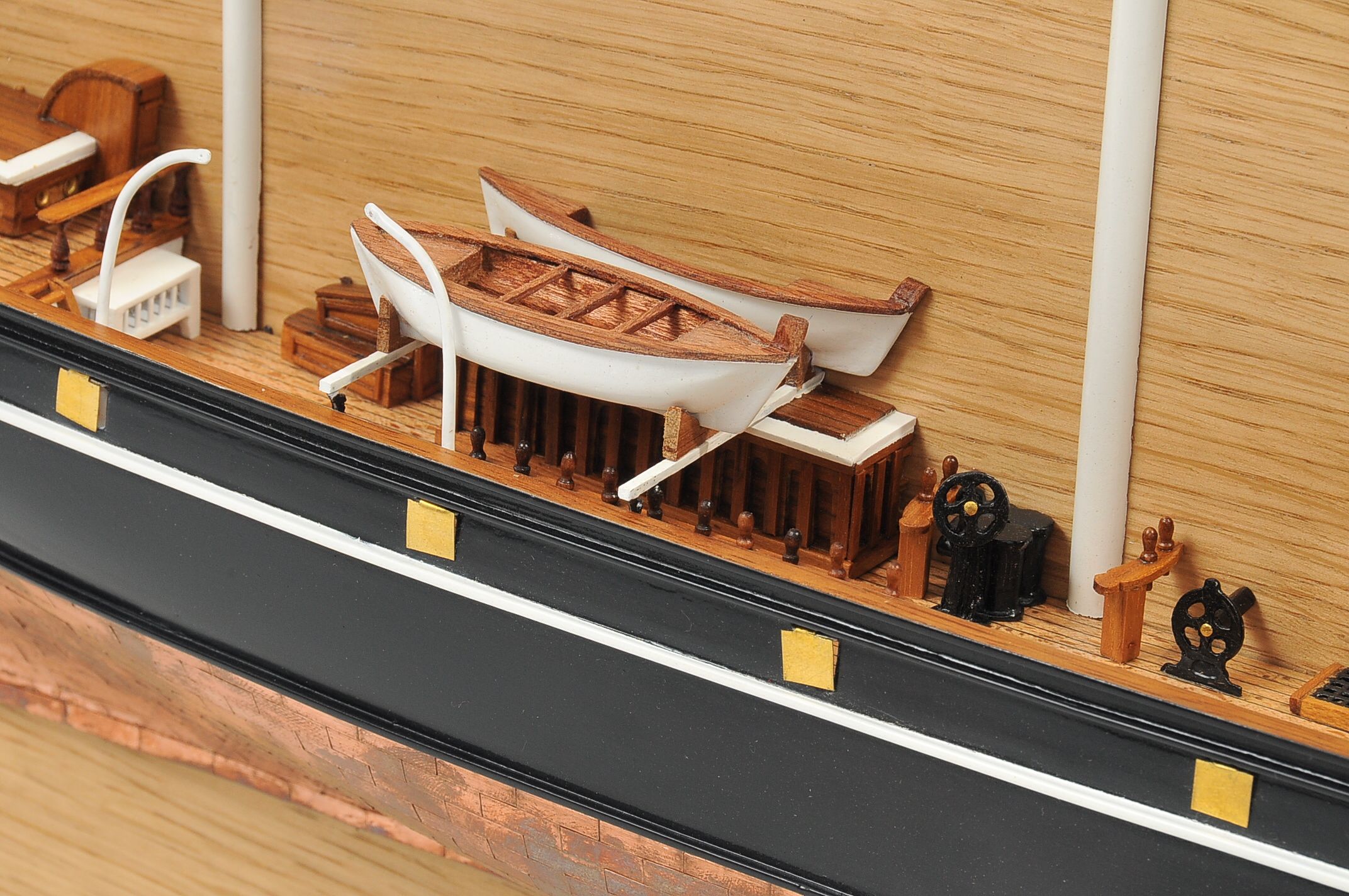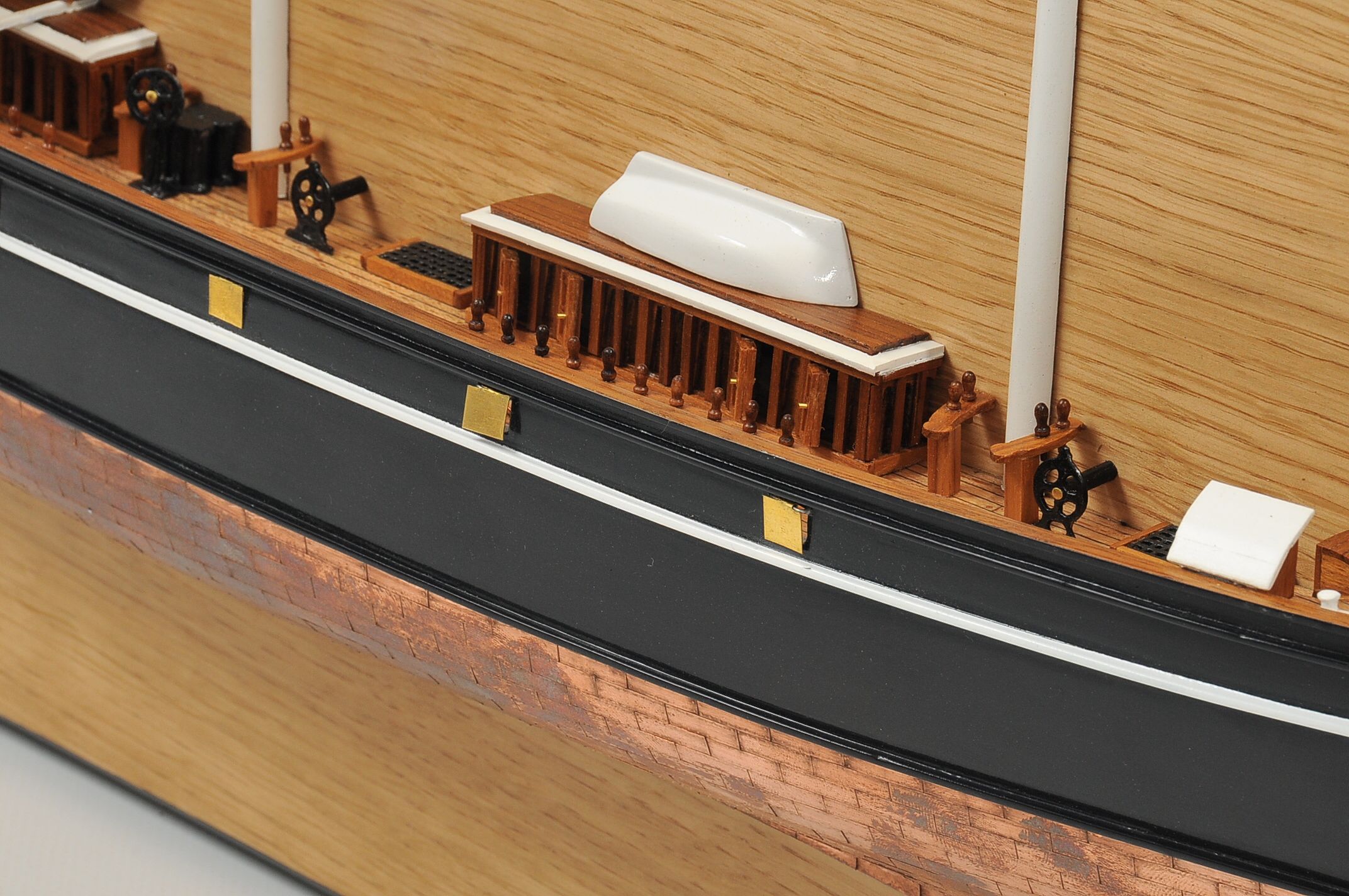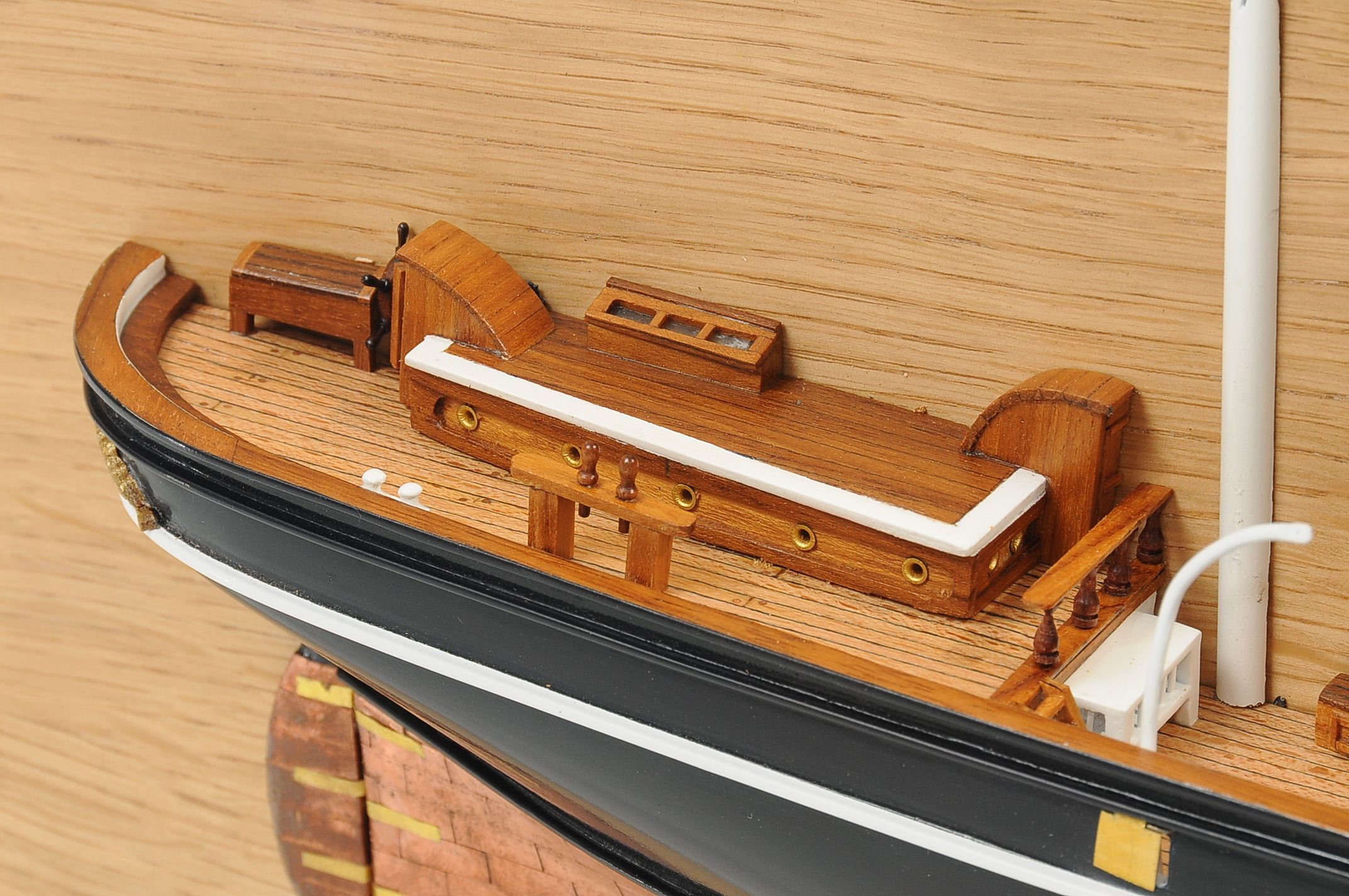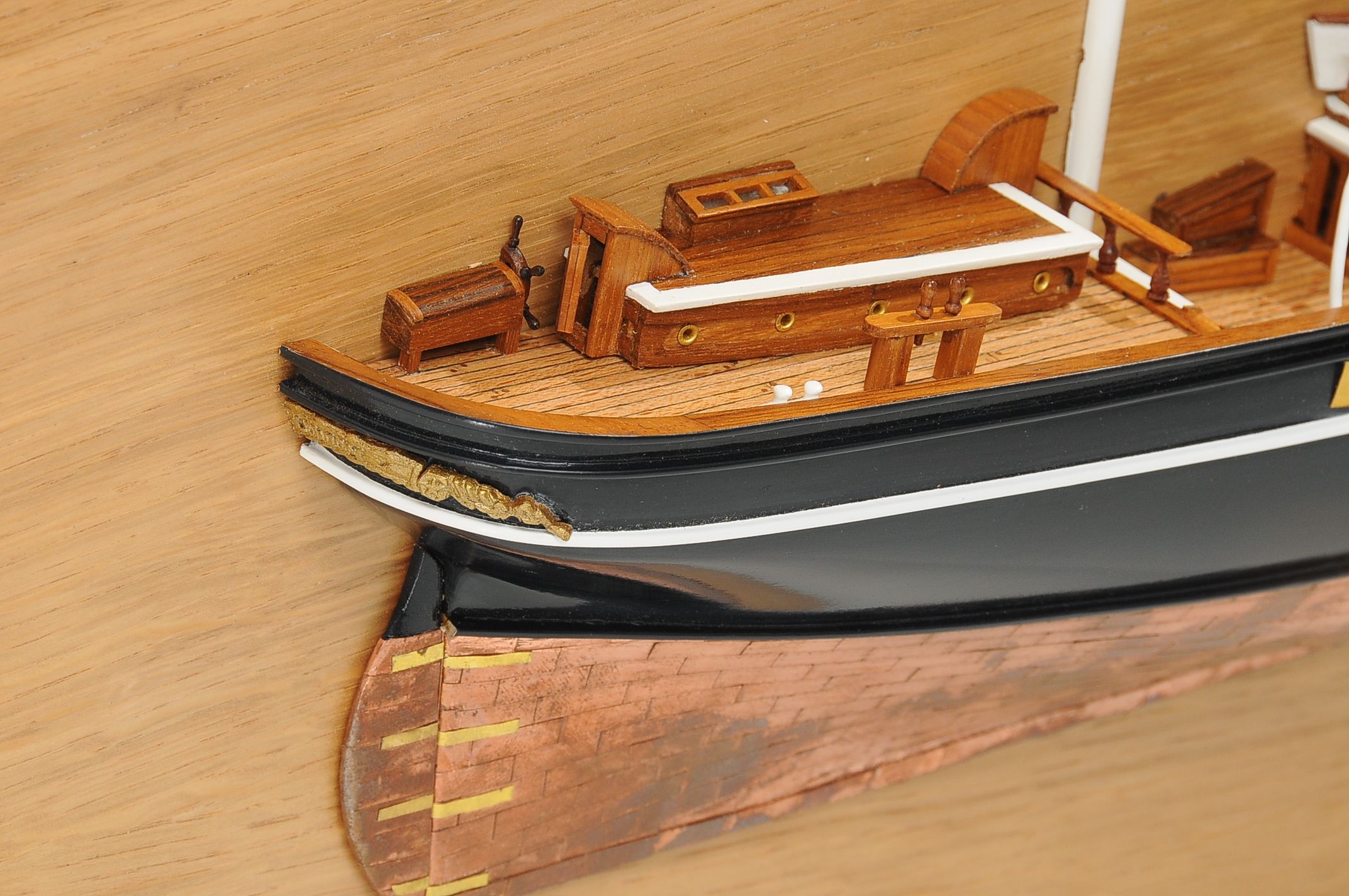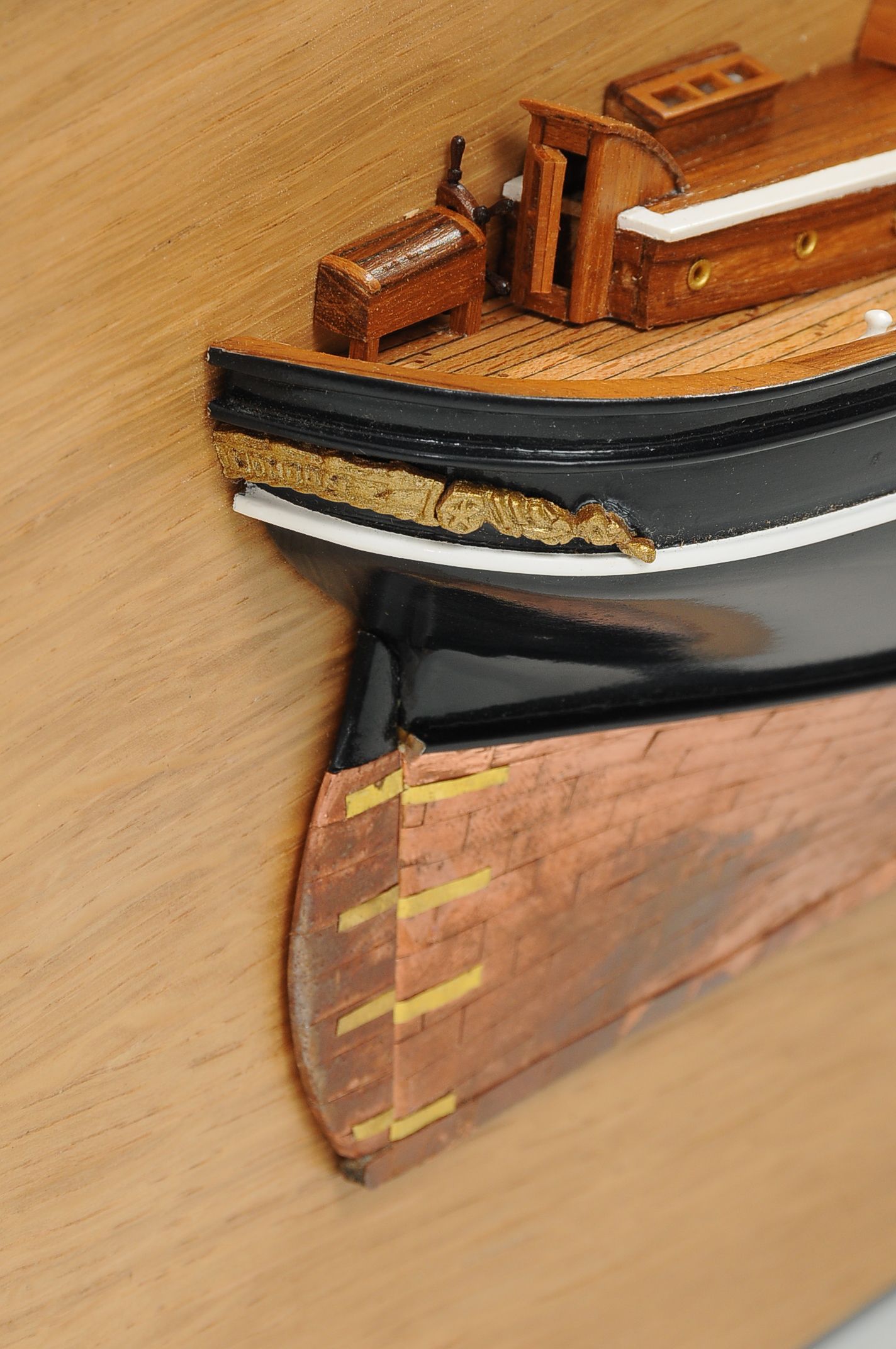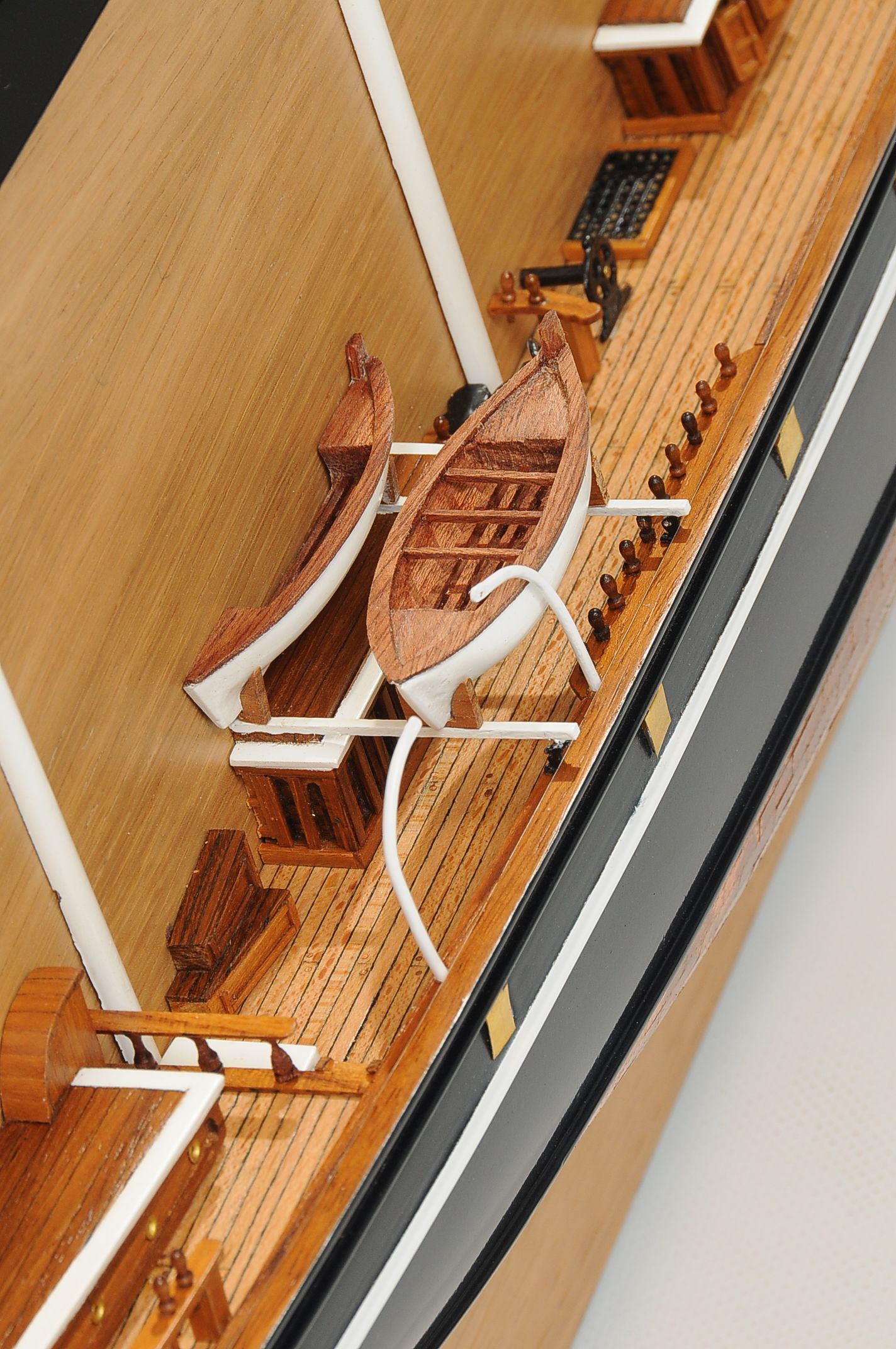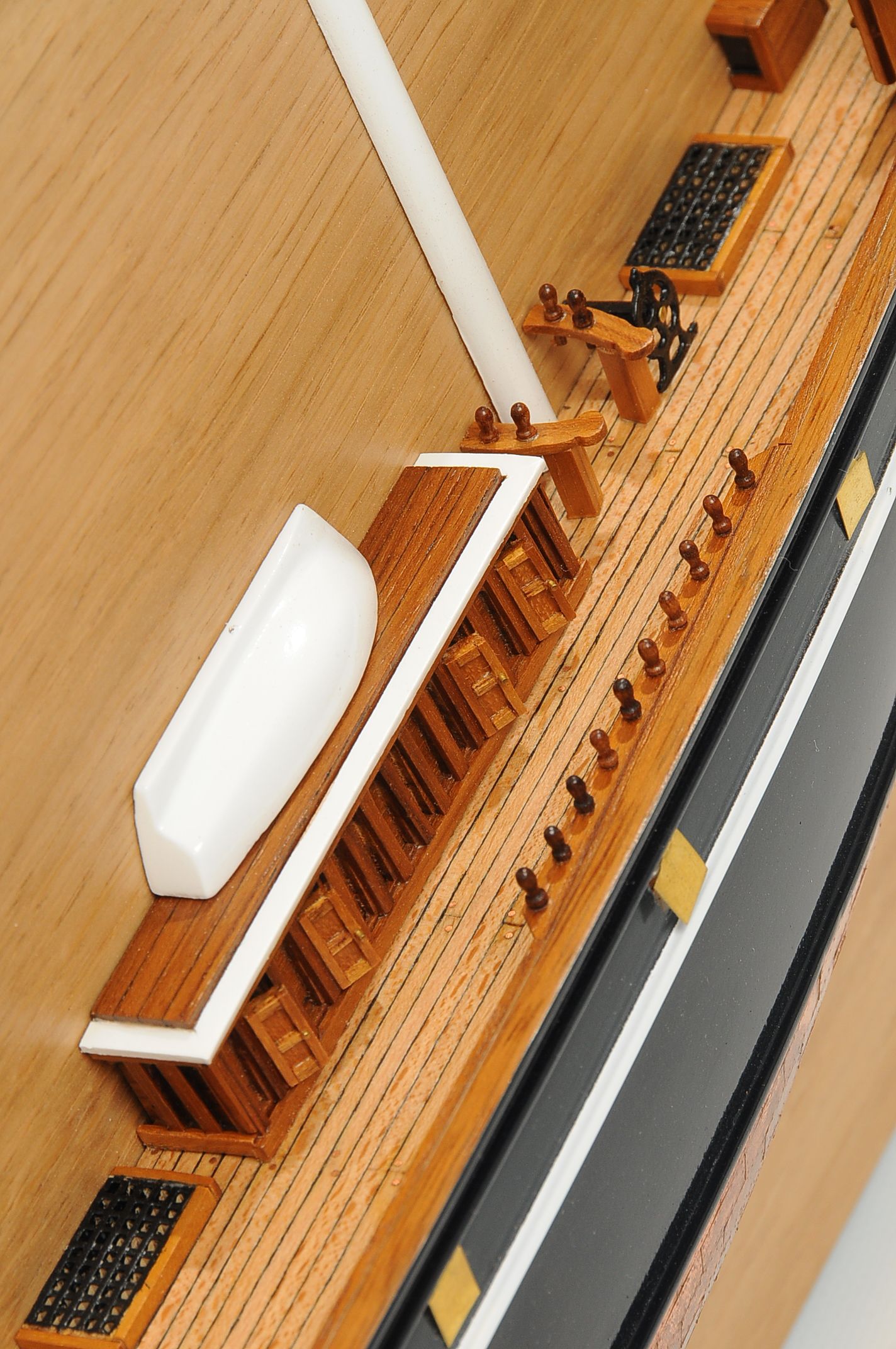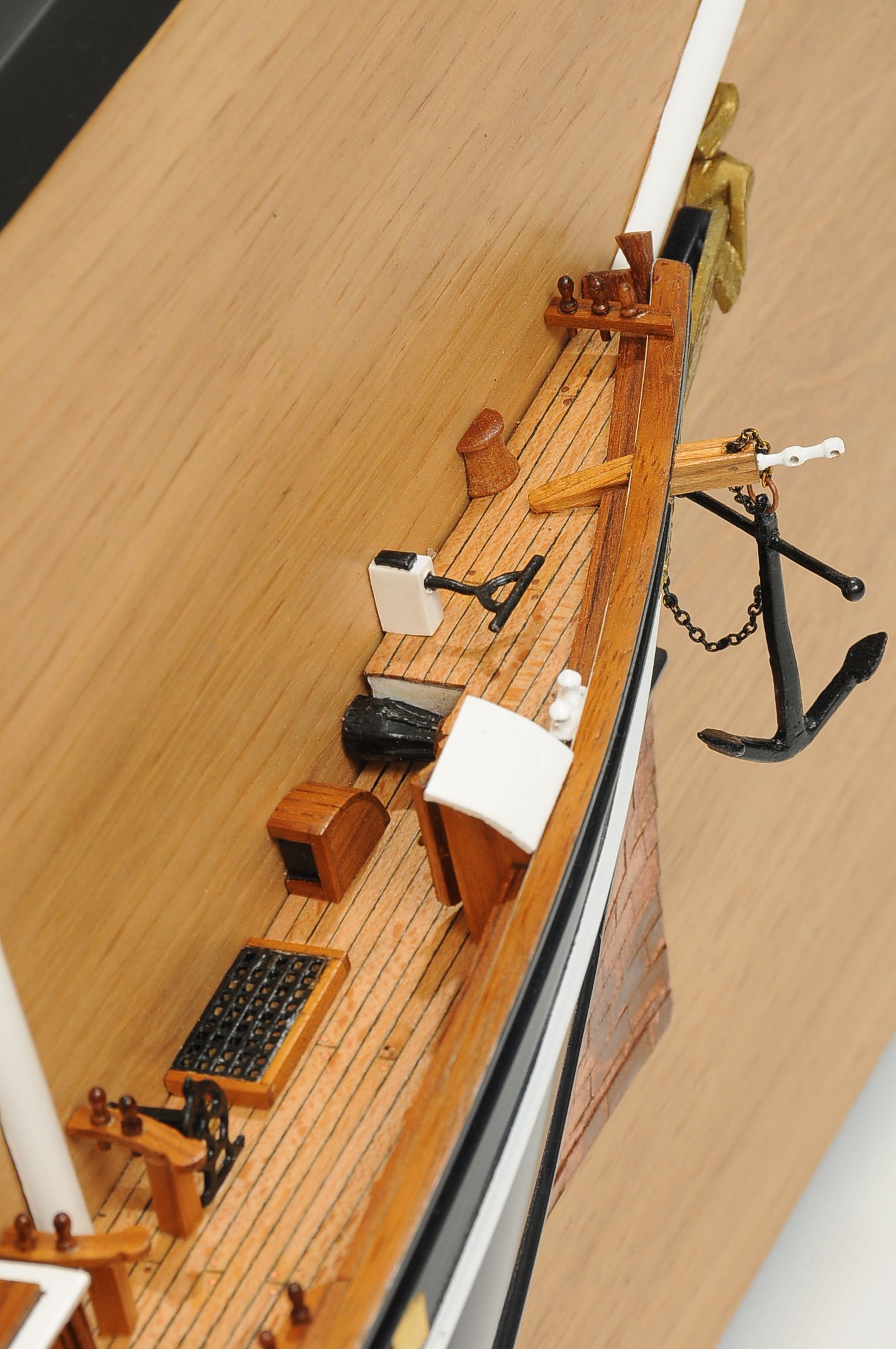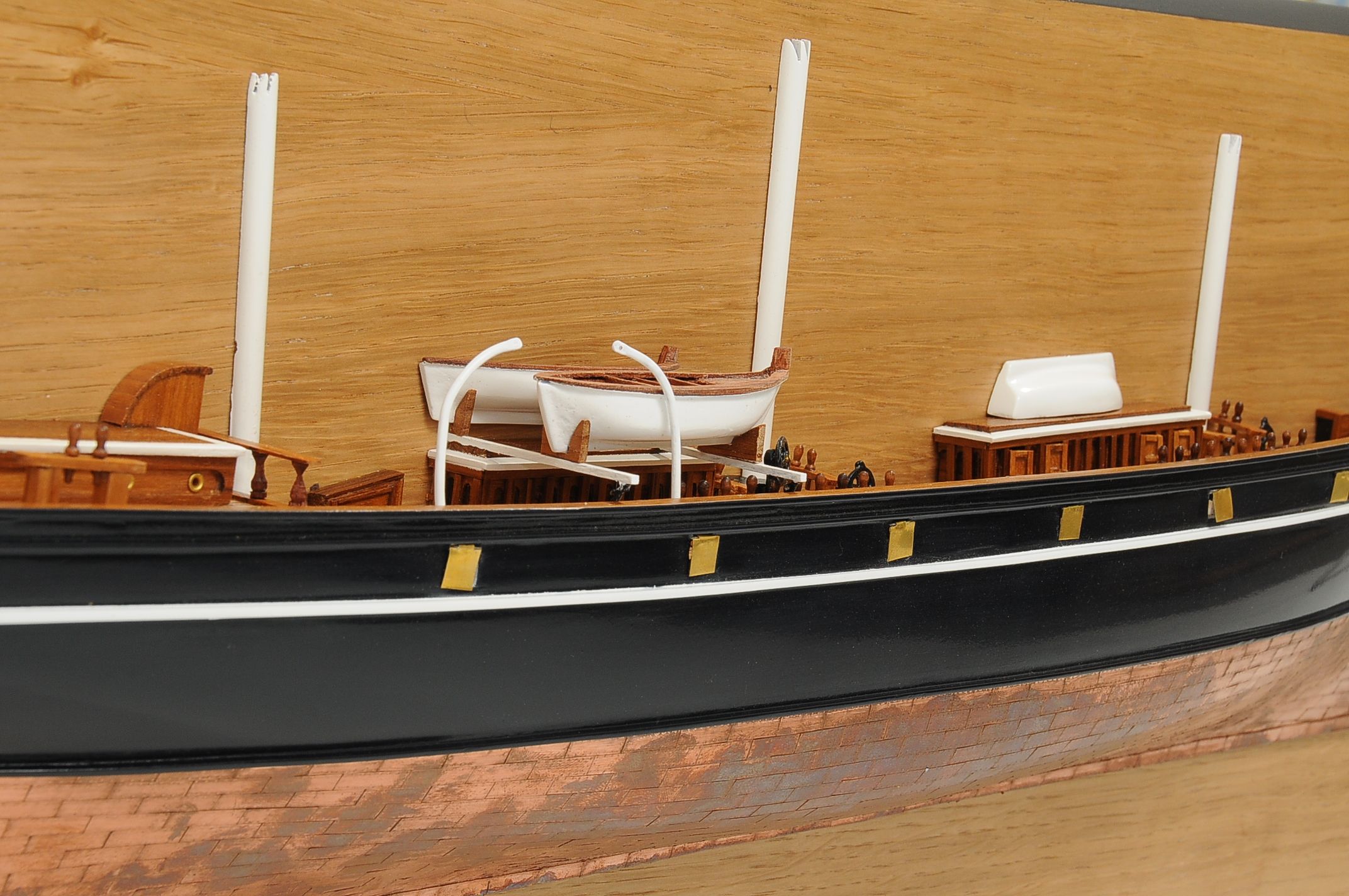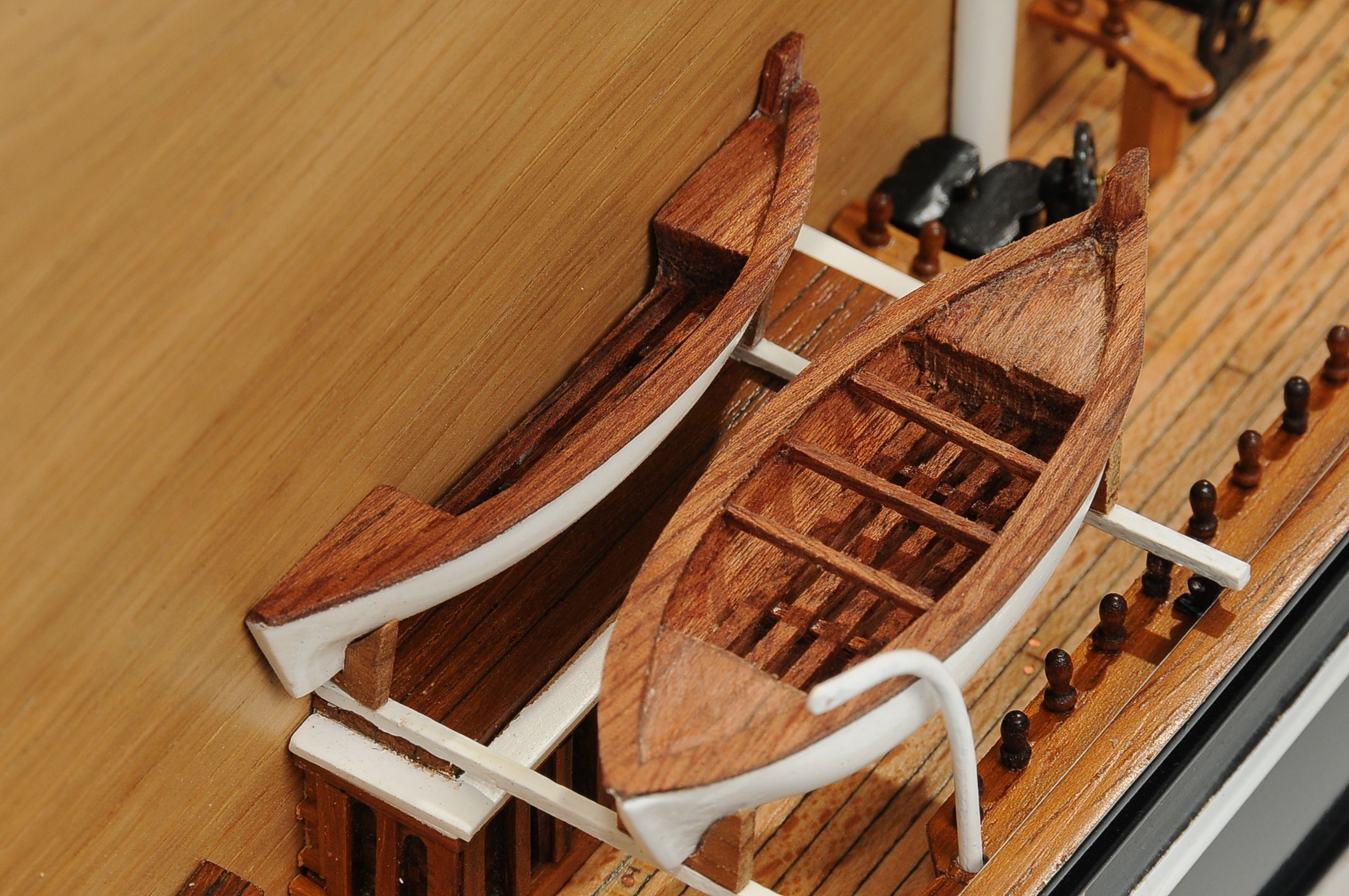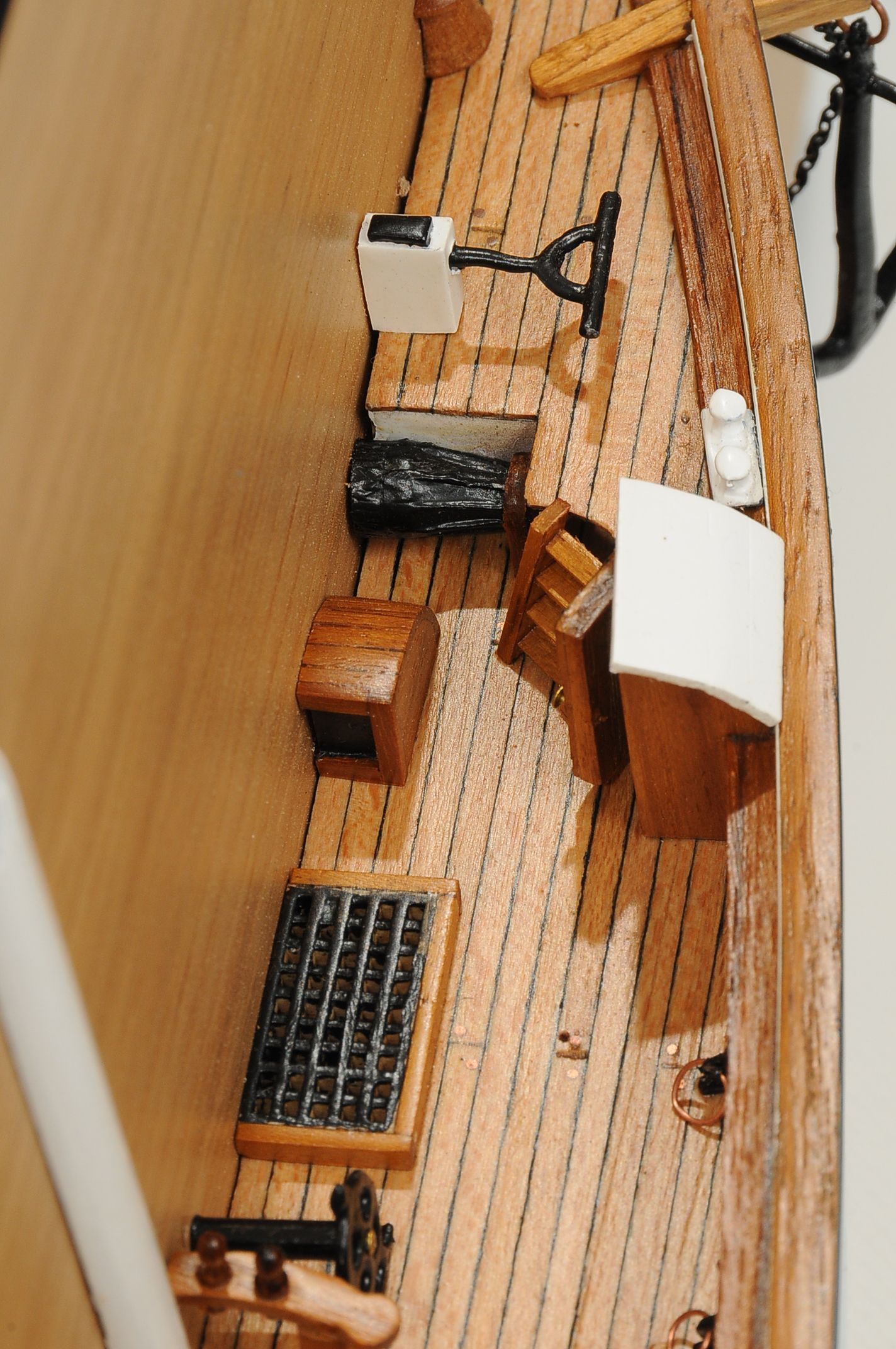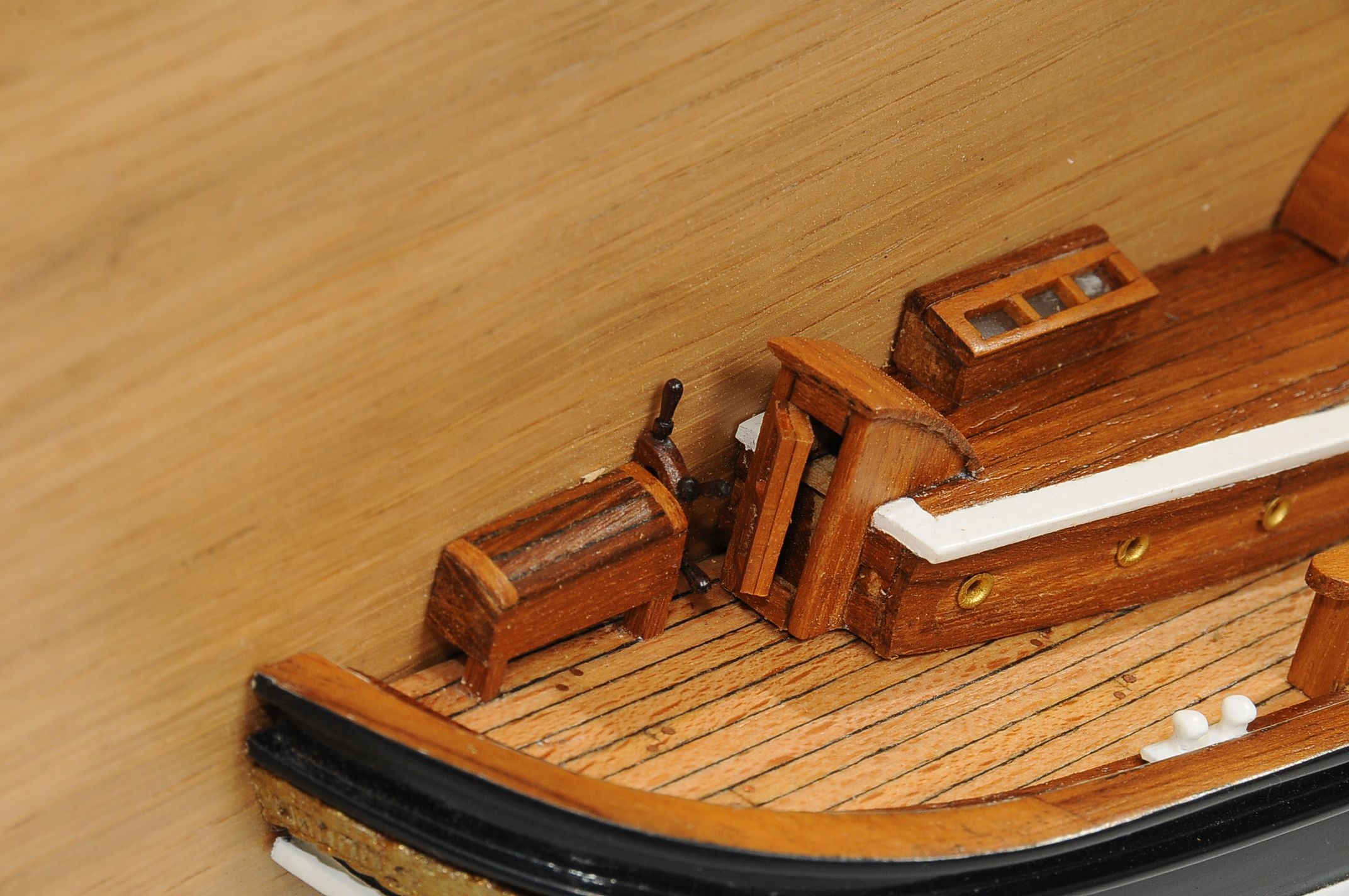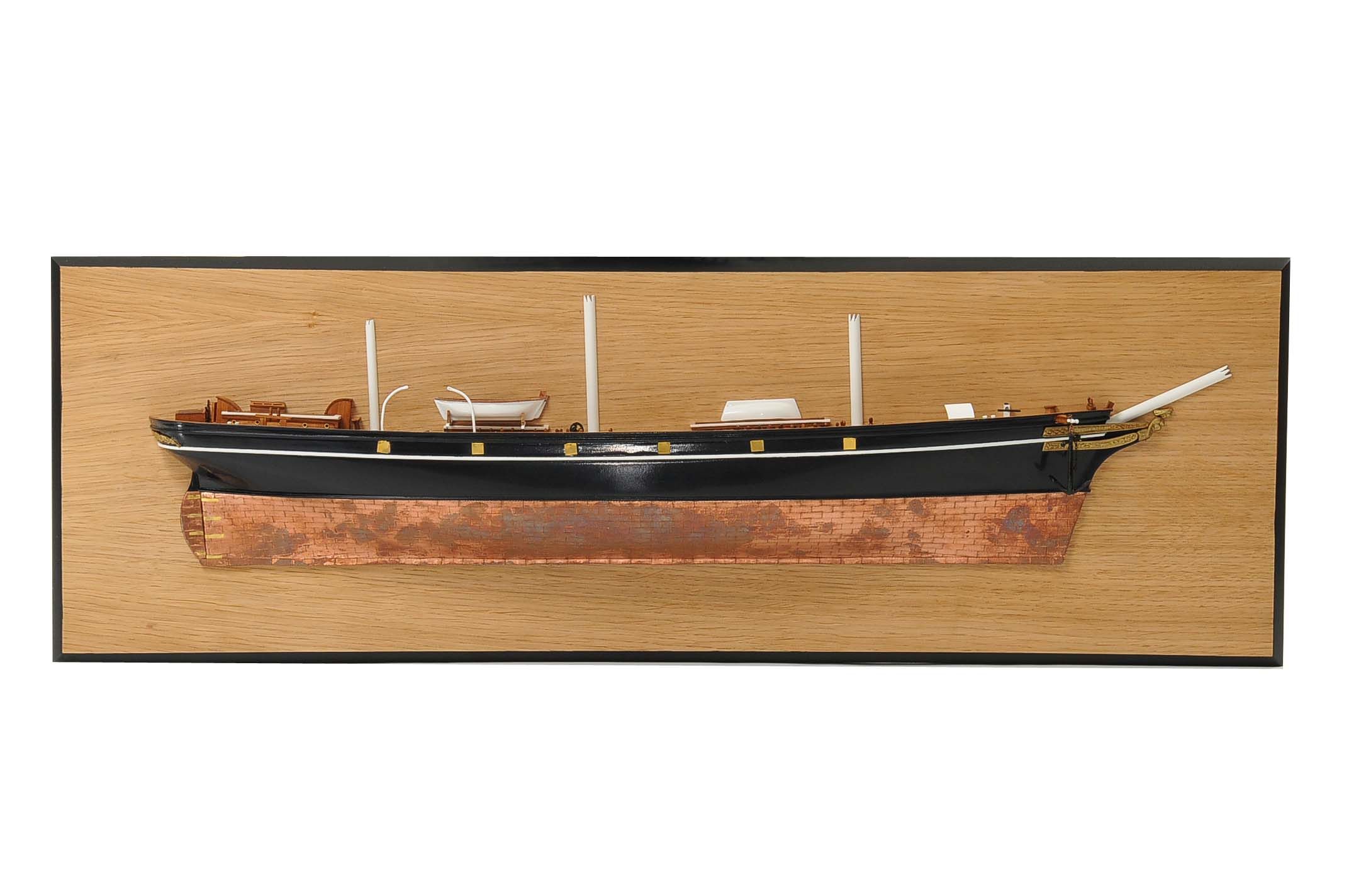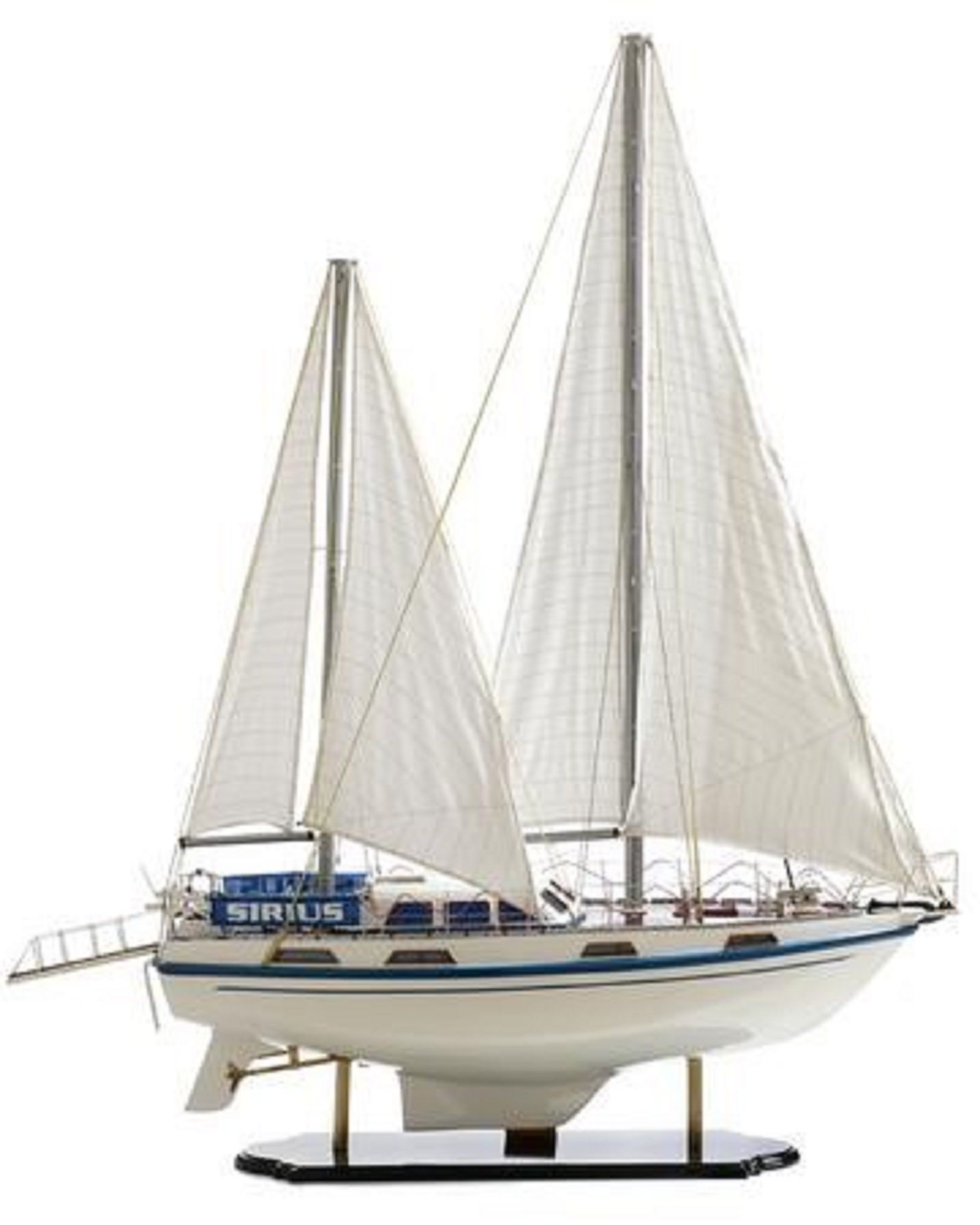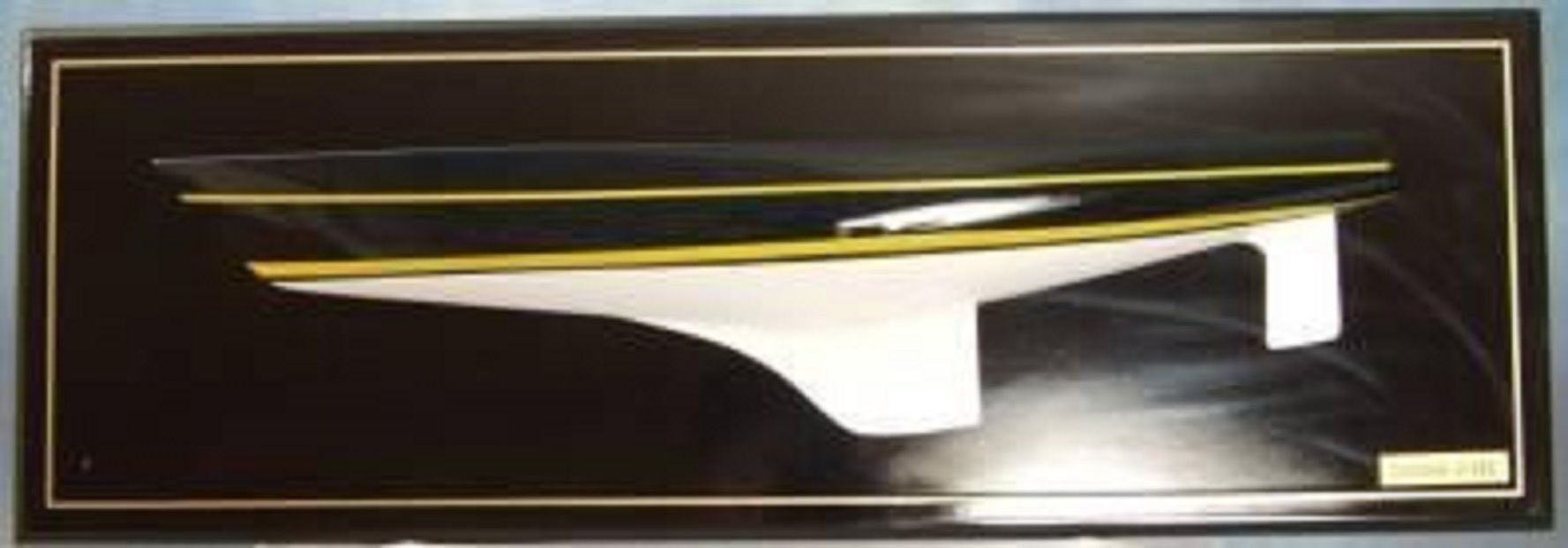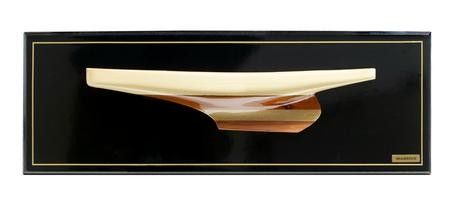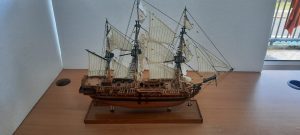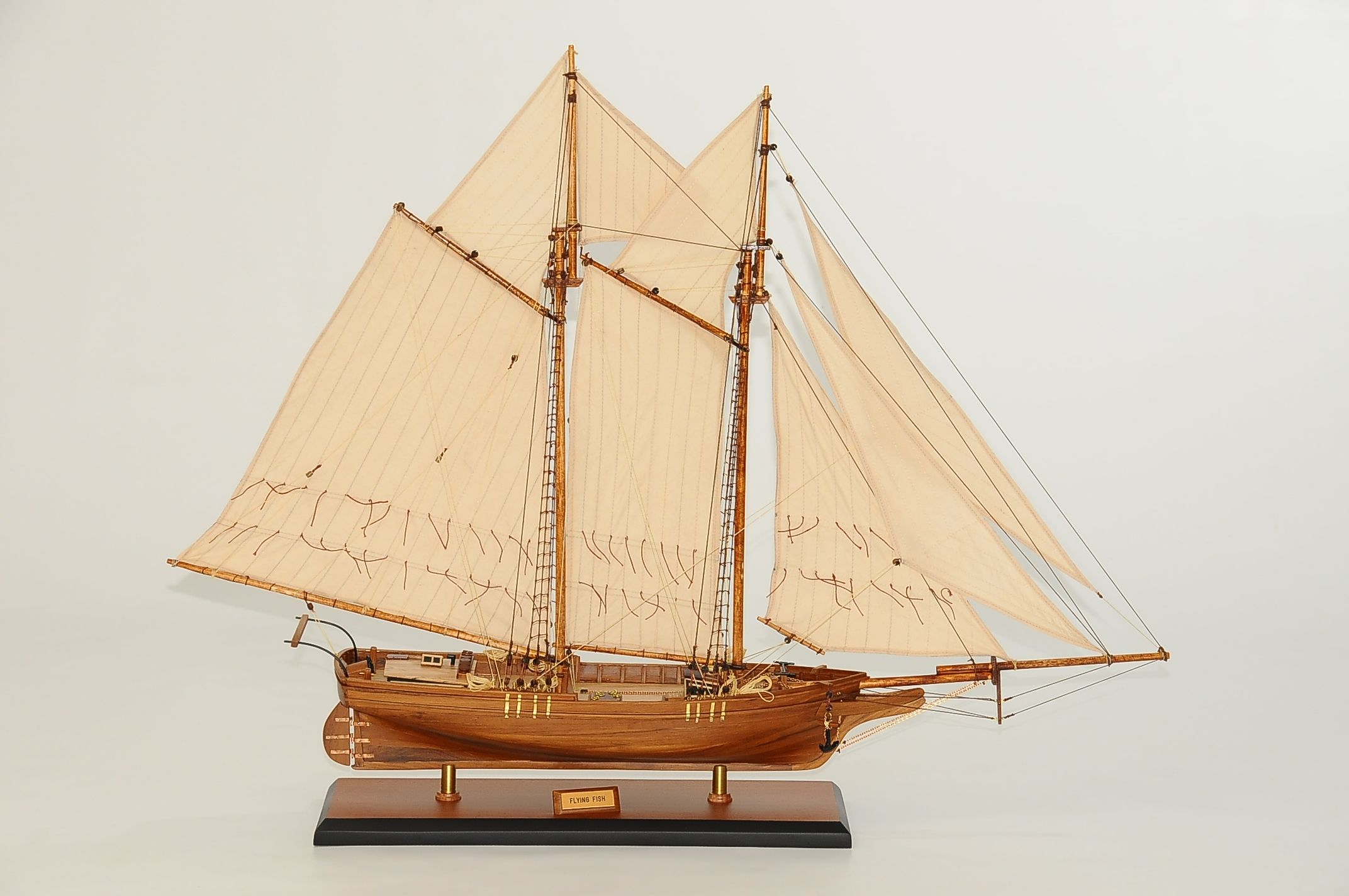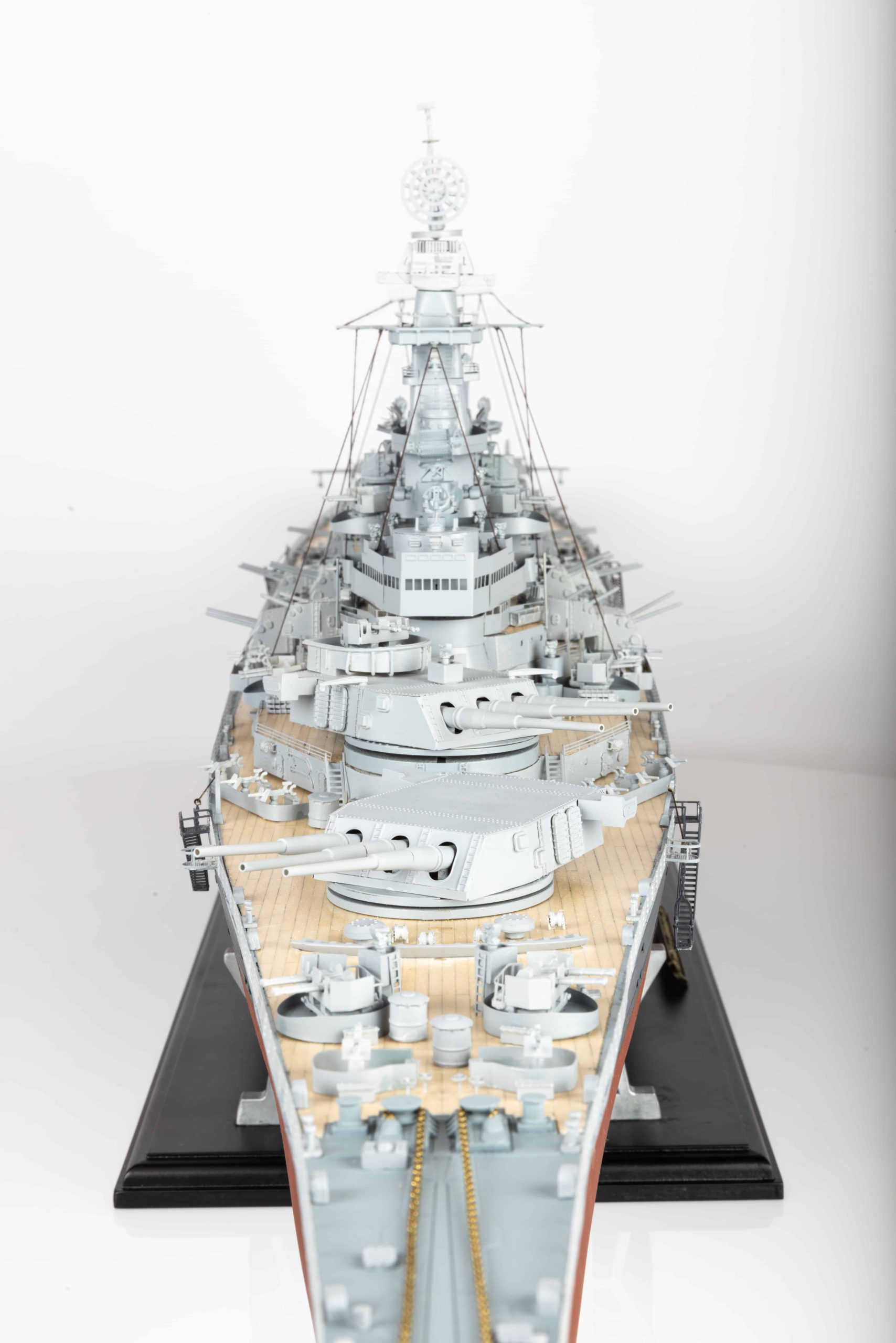Description
Handcrafted, scratch built and ready half model of the Cutty Sark Model Ship
Among the most famous old sailing ships still extant, Cutty Sark was one of the last clippers built for the China tea trade. Ordered by Captain John Willis of London, her hull was of composite construction, with teak planking on iron frames. Cutty Sarks name is short Scottish for short shirt and comes from the Robert Burns poem Tam OShanter. The reason for his choice of name is not known.
Willis insistence that only the finest materials be used in the construction of the Cutty Sark resulted in the bankruptcy of her original builders. Denny Brothers, who took over their yard, then oversaw her completion. Even though she lost one of her most dramatic encounters with her main rival, Thermopylae, she still acquired the admiration of London, for the persistence of her crew. She completed a 16,000-mile journey in one hundred and nineteen days, by no means an illustrious feat; the admiration was the inventiveness of her crew in building makeshift rudders twice, as she had lost her rudder in severe gales.
The advent of the steamships and the opening of the Suez Canal meant that clippers were no longer economic, and by 1878, clippers were out of the tea trade. A number of unfortunate accidents happened on board the ship between 1878 and 1883. These included a murder and one of her Captains (Captain Wallace) going mad and jumping overboard. In 1883 however, things were about to change for the clipper ship. She did the return journey from England to Australia (under Captain W. Moore) with a cargo of wool through the Cape of Good Hope in seventy-nine days. As with the tea trade, speed was also a critical factor for the wool trade.
Richard Woodget, who became Cutty Sarks most celebrated master, succeeded Moore. Her best run was in 1888, where she did the journey in sixty-nine days, shaving an amazing ten days off her previous record. She completed her last journey to Australia in 1895, and was sold to J. A. Ferreira of Lisbon. Four years later, she was again sold to the Cia de Navegacao de Portugal and was renamed Maria di Amparo. In 1922, she was in Falmouth, when Captain Wilfred Dowman spotted her. Later that year, he purchased the ship at his own expense and brought her back to England and re-named her by her famous name. She was restored for use as a full-rigged training ship at Falmouth.
When Dowman died in 1936, his widow donated the ship to the Thames Nautical Training College. In 1952, the Cutty Sark Preservation Society came together under the auspices of Frank Carr, Director of the National Maritime Museum. Finally in 1954, she was opened as a museum at Greenwich. Two years after the ship opened to the public, Cutty Sark began her sponsorship of tall-ship races of the International Sail Training Association.
We do many different types of half models. The list includes Australia II, Atlantic, Blue Nose, Defender, Endeavour, Shamrock, America and Vigilan etc. As you can see from the pictures, you can specify the colour of the base and whether you would like a matt or glossy finish.
Please browse our website or Contact Us for any more information in finding the perfect miniature model for you.
Additional information
| Weight | 18 kg |
|---|---|
| Size | |
| Personalise your name plate |
Related Products
Customer Reviews
 colin goulding2024-10-11Model was as advertised and prompt delivery
colin goulding2024-10-11Model was as advertised and prompt delivery Renee W2024-10-11Absolutely incredible model. Was given as a gift and the recipient has enjoyed building it.
Renee W2024-10-11Absolutely incredible model. Was given as a gift and the recipient has enjoyed building it. Nigel Goodwin2024-10-11Wonderful historic ship models with high quality design and materials. My one complaint is that the instructions can be too brief and obscure. For instance, in the Chinese Junk model, there was no indication on how to affix the sail battens to the sails. By improvisation, I used needle and thread plus lots of glue. Clearer instruction would help.
Nigel Goodwin2024-10-11Wonderful historic ship models with high quality design and materials. My one complaint is that the instructions can be too brief and obscure. For instance, in the Chinese Junk model, there was no indication on how to affix the sail battens to the sails. By improvisation, I used needle and thread plus lots of glue. Clearer instruction would help. Ron Potts2024-10-11Purchased one of the expert build models. Have been working on it in spare time for about 6 months. The hull is almost complete. The material is spot on with specs, Quality material, laser cut and accurate. Definitely an expert project but well worth it and the time.
Ron Potts2024-10-11Purchased one of the expert build models. Have been working on it in spare time for about 6 months. The hull is almost complete. The material is spot on with specs, Quality material, laser cut and accurate. Definitely an expert project but well worth it and the time. Stephen Lynch2024-10-11The model was as advertised, and was received with other tools ordered at the same time. Very happy with all the products & the service.
Stephen Lynch2024-10-11The model was as advertised, and was received with other tools ordered at the same time. Very happy with all the products & the service. Niels Lind2024-10-11The. kit and tools are excellent and complete; however, the instructions are poor (somewhat incomplete and written in poor English).*****
Niels Lind2024-10-11The. kit and tools are excellent and complete; however, the instructions are poor (somewhat incomplete and written in poor English).***** Nigel Brett2024-10-11Great model and really good to build
Nigel Brett2024-10-11Great model and really good to build Angus Brown2024-10-11I'm 7 months into building a FIFIE and have a few weeks to go. instructions are mostly clear and drawings are accurate. I think I would like to add a motor but failed in the contact to enable it. It's me ,.I know. ! The buying experience and model parts are excellent although I've had to adapt some to make the model both look better and fit better. I'll buy another model boat later this year.
Angus Brown2024-10-11I'm 7 months into building a FIFIE and have a few weeks to go. instructions are mostly clear and drawings are accurate. I think I would like to add a motor but failed in the contact to enable it. It's me ,.I know. ! The buying experience and model parts are excellent although I've had to adapt some to make the model both look better and fit better. I'll buy another model boat later this year. Doreen Mitchell2024-10-11Superb model building kit of the Vasa supplied. Unfortunately much of the parts and instructions in Swedish. Nevertheless wonderful boat kit.
Doreen Mitchell2024-10-11Superb model building kit of the Vasa supplied. Unfortunately much of the parts and instructions in Swedish. Nevertheless wonderful boat kit. Bhu Patel2024-10-10I recently purchased the Prosperity FPSO model from Premiership Models, and overall, it has been an impressive retirement gift for a colleague The attention to detail in this model is outstanding. The intricate elements like the helideck, cranes, piping, and storage tanks are meticulously crafted and look very realistic. The materials used, feel solid and high-quality and the finish is smooth, and the paintwork is clean and vibrant, without any smudging or uneven areas This model perfectly captures the scale and proportions of the real Prosperity FPSO. The overall layout of key components such as the flare tower, lifeboats, and mooring systems is accurate when compared to reference images of the actual vessel. It really feels like a scaled-down version of the real thing, with remarkable attention to realism. Given the quality of craftsmanship and the accuracy of the model, I believe this was a great value for the price. It’s clear a lot of work went into creating this piece, and it shows in the final product. For anyone who is a fan of maritime models or specifically looking for an FPSO, this is a worthy investment. Premiership Models provided excellent customer service throughout the process. My inquiries about the delivery timeline were answered promptly, and the model arrived on time as promised. They were professional and helpful, making the overall purchase experience smooth and stress-free. The model was packed very securely, with layers of protective material ensuring it arrived in perfect condition. I am also a collector of model ships especially LNG tankers and FPSO’s and bought models from all over the world and would highly recommend Premier Ships to maritime enthusiasts. In conclusion, the Prosperity FPSO model from Premiership Models is a beautifully crafted piece that is both accurate and visually striking and offers great value for the money.
Bhu Patel2024-10-10I recently purchased the Prosperity FPSO model from Premiership Models, and overall, it has been an impressive retirement gift for a colleague The attention to detail in this model is outstanding. The intricate elements like the helideck, cranes, piping, and storage tanks are meticulously crafted and look very realistic. The materials used, feel solid and high-quality and the finish is smooth, and the paintwork is clean and vibrant, without any smudging or uneven areas This model perfectly captures the scale and proportions of the real Prosperity FPSO. The overall layout of key components such as the flare tower, lifeboats, and mooring systems is accurate when compared to reference images of the actual vessel. It really feels like a scaled-down version of the real thing, with remarkable attention to realism. Given the quality of craftsmanship and the accuracy of the model, I believe this was a great value for the price. It’s clear a lot of work went into creating this piece, and it shows in the final product. For anyone who is a fan of maritime models or specifically looking for an FPSO, this is a worthy investment. Premiership Models provided excellent customer service throughout the process. My inquiries about the delivery timeline were answered promptly, and the model arrived on time as promised. They were professional and helpful, making the overall purchase experience smooth and stress-free. The model was packed very securely, with layers of protective material ensuring it arrived in perfect condition. I am also a collector of model ships especially LNG tankers and FPSO’s and bought models from all over the world and would highly recommend Premier Ships to maritime enthusiasts. In conclusion, the Prosperity FPSO model from Premiership Models is a beautifully crafted piece that is both accurate and visually striking and offers great value for the money.
Information


My account
Legal


Follow Us
Follow us to keep up-to-date using our social networks

Copyright © 2024. Premier Ship Models. All Rights Reserved.

